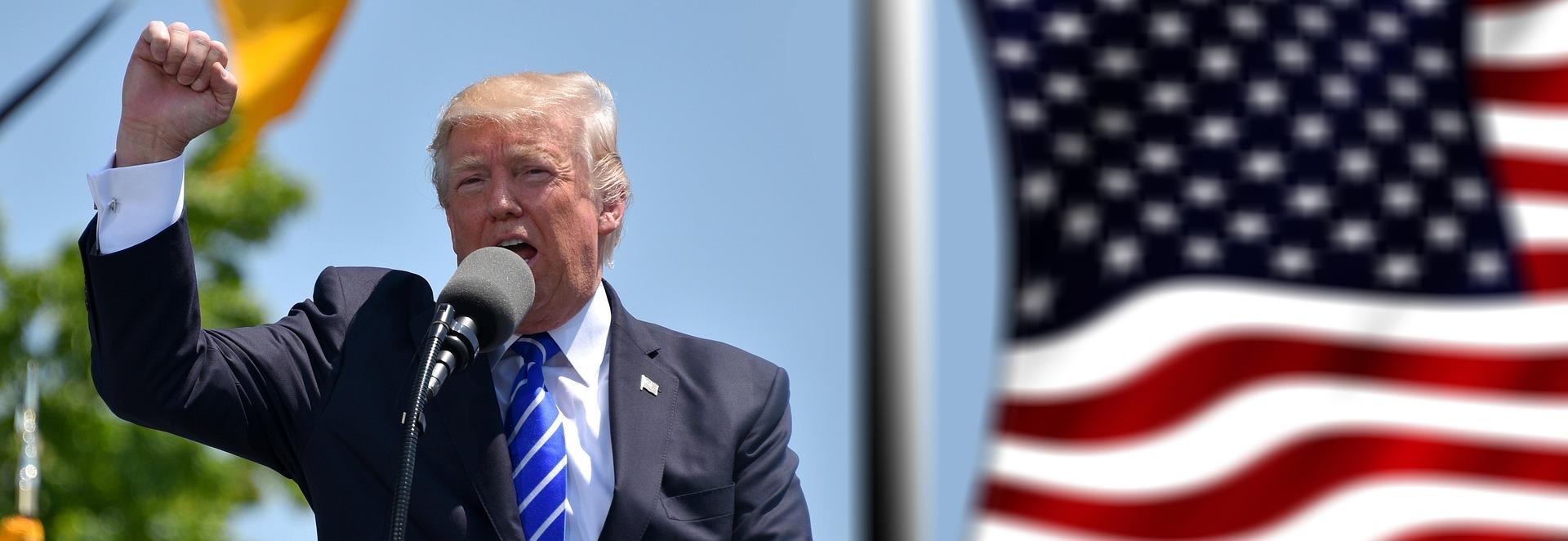
The much-anticipated announcement regarding U.S. President Donald Trump’s reciprocal tariff policy is finally here. As financial markets and global economies brace for impact, the world watches closely to see what this policy will entail and how it will shape international trade in the coming years.
What is the Reciprocal Tariff Policy?
Trump’s reciprocal tariff policy revolves around imposing tariffs on imports equivalent to the tariffs that other countries levy on American goods. This move is in line with Trump’s long-standing “Make America Great Again” campaign, aimed at bringing manufacturing and supply chains back to the U.S. While the policy is expected to create domestic job opportunities, it raises concerns about economic uncertainties, trade wars, and inflationary pressures.
Key Details About the Announcement
The formal announcement is set to take place at the White House’s Rose Garden at 1:30 AM IST (4:00 PM Washington D.C. time). Trump has called this day “Liberation Day,” emphasizing that America will gain freedom from unfair trade practices imposed by other countries.
Expected Tariff Rates
Although no exact figures have been confirmed, reports suggest that an average tariff of 20% may be imposed on goods imported from various countries. However, whether this will be a blanket tariff across all nations or differentiated based on country and sector remains uncertain.
Economic Implications
The uncertainty surrounding the tariff rates has led to hesitation among investors. Many fear that certain industries could be disproportionately impacted, leading to significant disruptions in global supply chains. Some of the key economic consequences expected include:
- Increase in Goods Prices: American consumers may experience a rise in product prices, as imported goods could become 5–25% more expensive due to tariffs.
- Trade War Escalation: Other countries may retaliate by imposing tariffs on American exports, potentially resulting in a full-fledged trade war.
- Impact on Global GDP: Immediate effects on India's economy could lead to losses of approximately $3 billion, with broader economic consequences estimated at $1.4 trillion worldwide.
- Manufacturing Shifts: Trump's strategy aims to push businesses to relocate manufacturing plants to the U.S. However, higher labor costs remain a key challenge.
Long-Term Outlook and Uncertainties
While Trump envisions this move as a long-term economic boost for America, aiming for a projected $6 trillion gain over the next decade, short-term repercussions may include recessionary pressures, inflation spikes, and job losses in industries reliant on imports.
Moreover, geopolitical dynamics are shifting. China and India have already begun exploring ways to strengthen trade relations to counteract the potential negative impact of U.S. tariffs.
The Big Question: What’s Next?
Despite the anticipation surrounding this announcement, experts believe that the uncertainty will not be entirely eliminated even after Trump’s speech. The lack of clarity regarding country-specific and sector-specific tariff structures leaves businesses in a dilemma.
Trump's administration appears to be using tariffs as leverage for future negotiations, implying that companies or countries willing to comply with U.S. demands may see reductions in their tariff burdens over time.
The global economic landscape is set for a major shake-up following Trump's tariff announcement. Investors, businesses, and policymakers must brace themselves for heightened market volatility and economic uncertainties. As the world waits for clarity, one thing remains certain—Trump’s tariff policy is set to redefine international trade relations in the years to come.
Stay tuned for more updates on this developing story, and don’t forget to check back for detailed analyses on how different sectors and countries react to this historic economic shift.
Disclaimer: This article is for informational purposes only and does not constitute financial, investment, or political advice. The views expressed are based on publicly available information at the time of writing and are subject to change. Readers are advised to conduct their own research and consult with professionals before making any economic or investment decisions.




